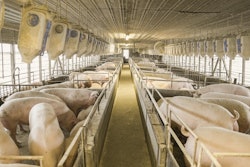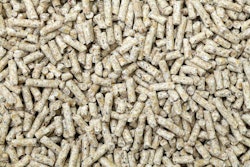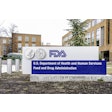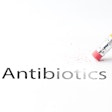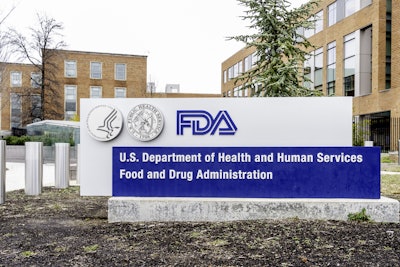
The U.S. Food and Drug Administration (FDA) Center for Veterinary Medicine intends to withdraw a policy which the animal feed industry says has deterred ingredient manufacturers from investing in the U.S. marketplace.
Over recent years, the FDA's 1998 Program Policy and Procedures Manual Guide 1240.3605 has faced criticism, particularly from the American Feed Industry Association (AFIA), animal producers, lawmakers and federal officials, who argue that it hindered timely and cost-effective introduction of animal feed ingredients with beneficial properties. The CVM's strict interpretation categorized these products as animal drugs. This categorization subjects them to lengthy drug review procedures rather than more suitable ingredient review processes, needlessly prolongs the evaluation period and, in many cases, stops companies from seeking product approval in the United States.
FDA said it also intends to work with Congress to seek new legislative authority for a clear regulatory pathway for substances added to animal food or drinking water that function in the gut of an animal in one of three ways. These substances may affect the microbiome of the animal, affect the byproducts of the digestive process, or reduce pathogens in food products made from the animal.
“The U.S. Food and Drug Administration is aware that the animal feed industry is interested in bringing to market animal food substances that act solely within the gut of the affected animal with scientifically substantiated claims related to animal production, animal well-being, food safety and environmental benefits, as animal food. FDA encourages firms with these novel products for animals to contact the agency early in the product development process,” FDA said on its website on February 2.
AFIA and the National Grain and Feed Association (NGFA) commended FDA’s move, but said legislation is still needed.
“CVM’s decision is an important step toward facilitating progress in the development of safe, novel feed ingredients that provide animal health, food safety and production benefits,” said NGFA Senior Vice President of Feed David Fairfield in a statement. “A 25-year-old FDA policy has prevented animal food manufacturers from making substantiated production claims on their product labels unless they go through the FDA’s drug approval process, which can take more than 10 years. The decision announced by the FDA today will promote the introduction of innovative animal food products with production benefits that will help keep American agriculture competitive. Notably, our global competitors in Europe, Asia, and South America already have updated their policies to allow feed products on the market that demonstrate increased efficiency in meat production as well as byproduct and waste reduction.”
In a separate statement, AFIA President and CEO Constance Cullman urged Congress to pass the Innovative Feed Enhancement and Economic Development (Innovative FEED) Act.
“This action signifies progress toward fixing a broken process and will allow our industry to start providing innovations for animal production, but the need does not end here,” Cullman said. “Congress, now it's your turn to act by swiftly passing the bipartisan Innovative Feed Enhancement and Economic Development (Innovative FEED) Act (H.R.6687 and S. 1842), providing the FDA with the tools it needs to codify a regulatory pathway and support. American animal food manufacturers."
The Innovative FEED Act, endorsed by nearly 190 stakeholders, would codify a regulatory review pathway that demonstrates safety and effectiveness for animal food ingredients impacting the microbiome of animals, food safety or the environment.



